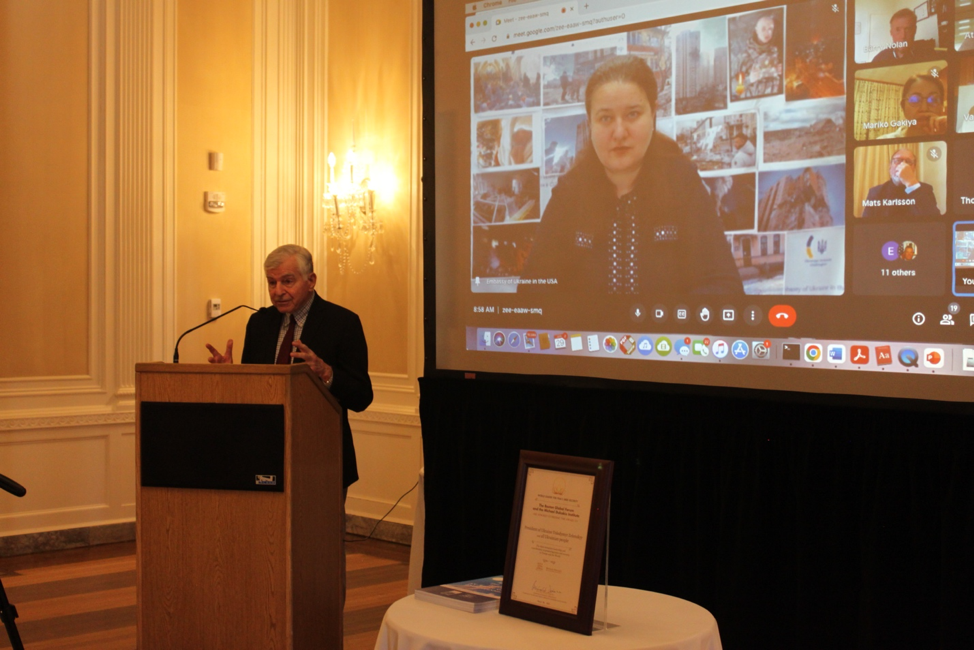
by Editor | Jul 4, 2022 | United Nations Centennial, Global Alliance for Digital Governance, AIWS and the Age of Global Enlightenment
The book Remaking the World – Toward an Age of Global Enlightenment was published in Vietnam bilingually in Vietnamese and English by Tri Thuc Publishing House and presented to Vietnamese leaders and all of members of the National Assembly of Vietnam.
Pioneering ideas and concepts of the book was came from Boston, Massachusetts. On July 4th, we introduce the foreword of Governor Dukakis, Co-founder and Chair of the Boston Global Forum in the book:
“Nothing is more urgent than peace and security in the world, and no organization is better positioned to promote it than is the United Nations. That has been true since its inception in 1945, although the lesson of the last seventy-five years is that the UN’s mandate must be enlarged if it is to fulfill the ideals on which it was founded. The task between now and the UN’s centennial in 2045 is the remake the UN so that it can play an even larger role in remarking the world.
This book offers ideas that can inform that effort. The ideas are meant to stimulate thought and discussion. Some of the ideas will undoubtedly, and properly, fall by the wayside during the deliberative process. Other ideas, not in this book, will come to the fore. A great deal of thought and experience went into the founding of the United Nations, and that kind of effort is needed once again as we consider how to enhance this remarkable institution.
On behalf of the Boston Global Forum, I want to thank the distinguished women and men who have contributed to the book. In one form or another, they have dedicated their careers to the service of others, and to the common good, and their essays and speeches reflect that dedication.
A special thank you is due to the book’s editor, Nguyen Anh Tuan. He envisioned the book project and assembled and guided the contributors. His commitment to world peace and security is unflagging, and the book is yet another testament to his dedication.
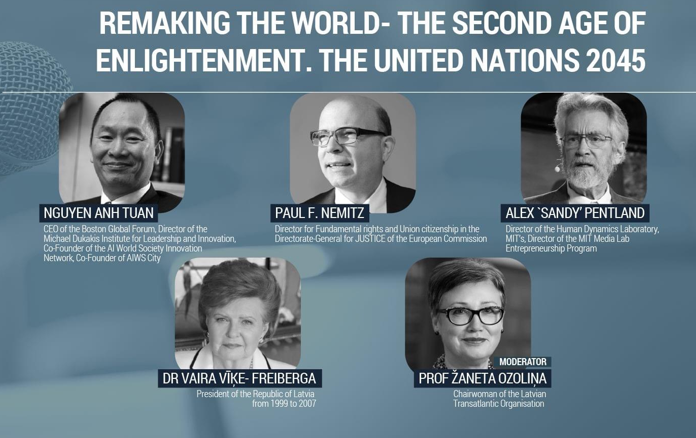
by Editor | Jul 4, 2022 | Papers & Reports, News, AIWS and the Age of Global Enlightenment
Concluding from the Chapter 23 of Remaking the World – Toward an Age of Global Enlightenment: Apply AIWS Ecosystem at AIWS City: A Model for the Digital Age by Nguyen Anh Tuan, Boston Global Forum CEO
“The great question of the Digital and AI Age is not technological in nature. Rather it is the question of what type of society we seek to create through the application of digital technology.
The digital and AI revolution and trailblazing ideas will reshape the world. Like previous industrial revolutions, it will have a transformative effect on the way we live and relate to each other. Like the others, it will be disruptive. Some business sectors will wither, while others will thrive. That is true also of people. With the other revolutions, the outcome was determined almost entirely by market forces, which worked primarily to the benefit of the powerful, typically at a significant cost to ordinary people.
AIWS seeks to ensure that the historical pattern does not become a defining feature of the Digital and AI Age. AIWS is a reimagined world, one where the rights and interests of ordinary citizens are paramount and where action is taken to empower them in ways that enlarge their voice and influence and that give them the agency to help shape a new world. AIWS recognizes that this reimagined world will require concerted action by governments, individuals, organizations, and firms. Each must be a source of innovation, and each must adhere to AIWS standards and values. Together, we can remake the world and usher in an Age of Global Enlightenment.”
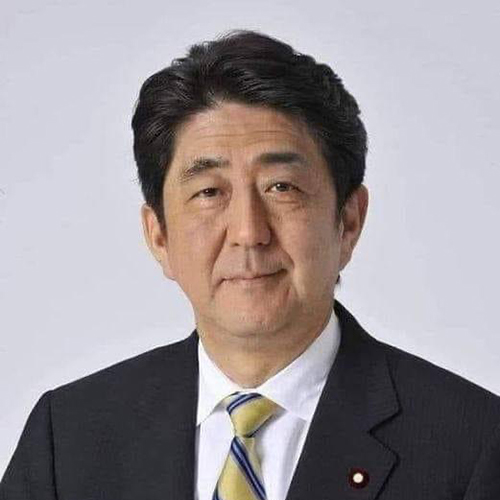
by Editor | Jul 8, 2022 | Global Alliance for Digital Governance, Statements, Shinzo Abe Initiative for Peace and Security, News
We are shocked and deeply saddened by the assassination of Former Japanese Prime Minister Shinzo Abe. The entire Boston Global Forum community condemns this senseless act of violence that occurred during a public political campaign event in Japan.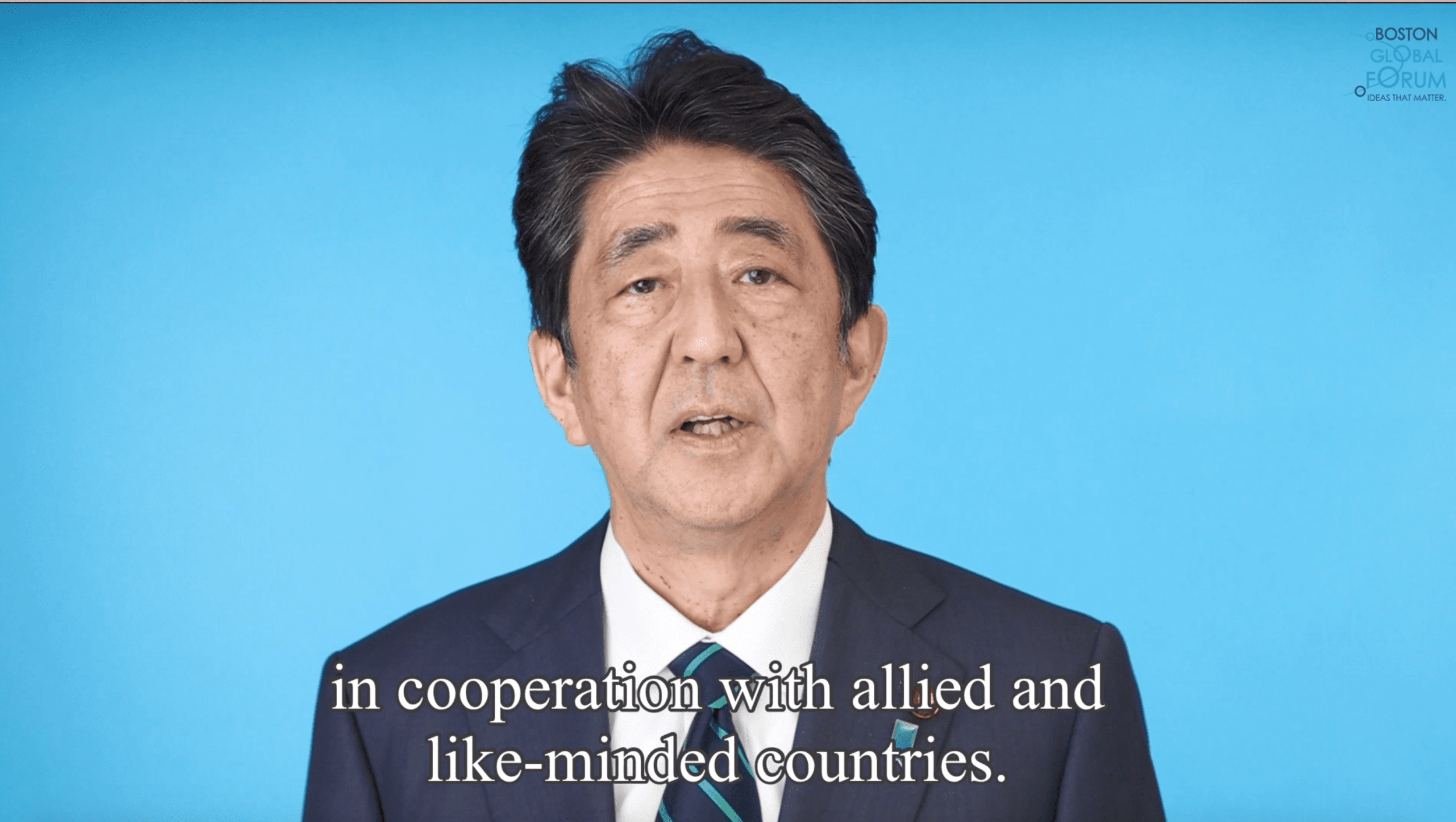
Mr. Abe was a good friend to the Boston Global Forum (BGF), participating in numerous events that highlighted his continuing prestige in Japan and on the world stage. Mr. Abe was the first world leader to receive the World Leaders Award for Peace and Security from the Boston Global Forum in 2015. At that time, Mr. Abe issued a message of support for BGF’s Global Cybersecurity Day Initiative and then the BGF-G7 Summit Initiative in Japan in 2016.
Mr. Abe frequently addressed the need for greater global attention for digital standards and individual rights in an age increasingly dominated by artificial intelligence. He was a strong supporter of Boston Global Forum’s Cybersecurity Demands. In December 2021, Mr. Abe presented his keynote speech in the Boston Global Forum Conference, and made distinguished contributions to the BGF book, “Rebuilding the World – Toward an Age of Global Enlightenment.”
More than any Japanese leader, Shinzo Abe understood the shifting power structure in Asia and the need for Japan to exert a stronger leadership role. The Japanese people, Asia, and the world have lost a key leader for the challenges that lie ahead.
The Boston Global Forum extends our condolences to Mr. Abe’s friends and family. We will honor Mr. Abe by continuing to promote his ideas and positions that uphold the dignity and rights of individuals in the age of digital and artificial intelligence.
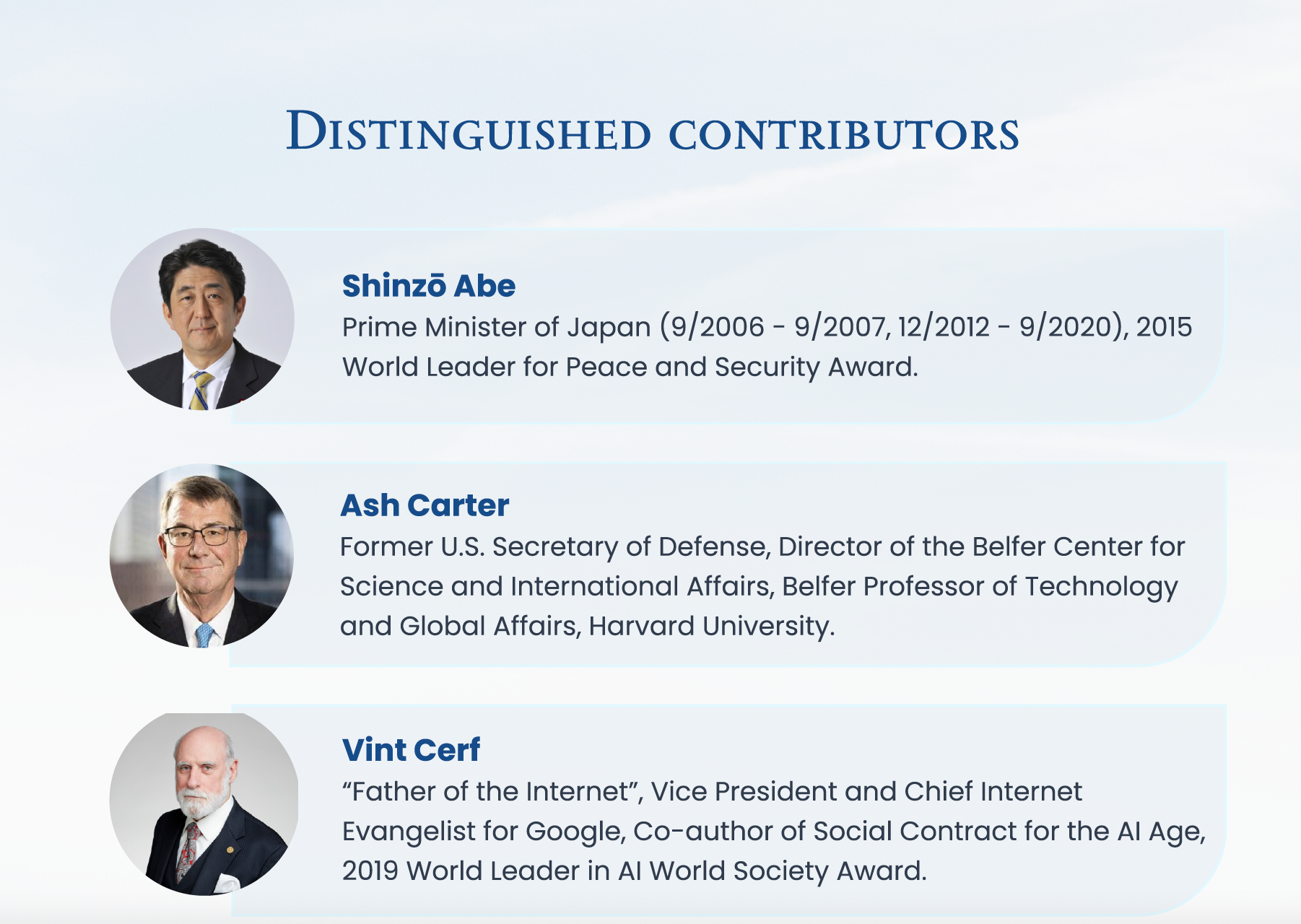
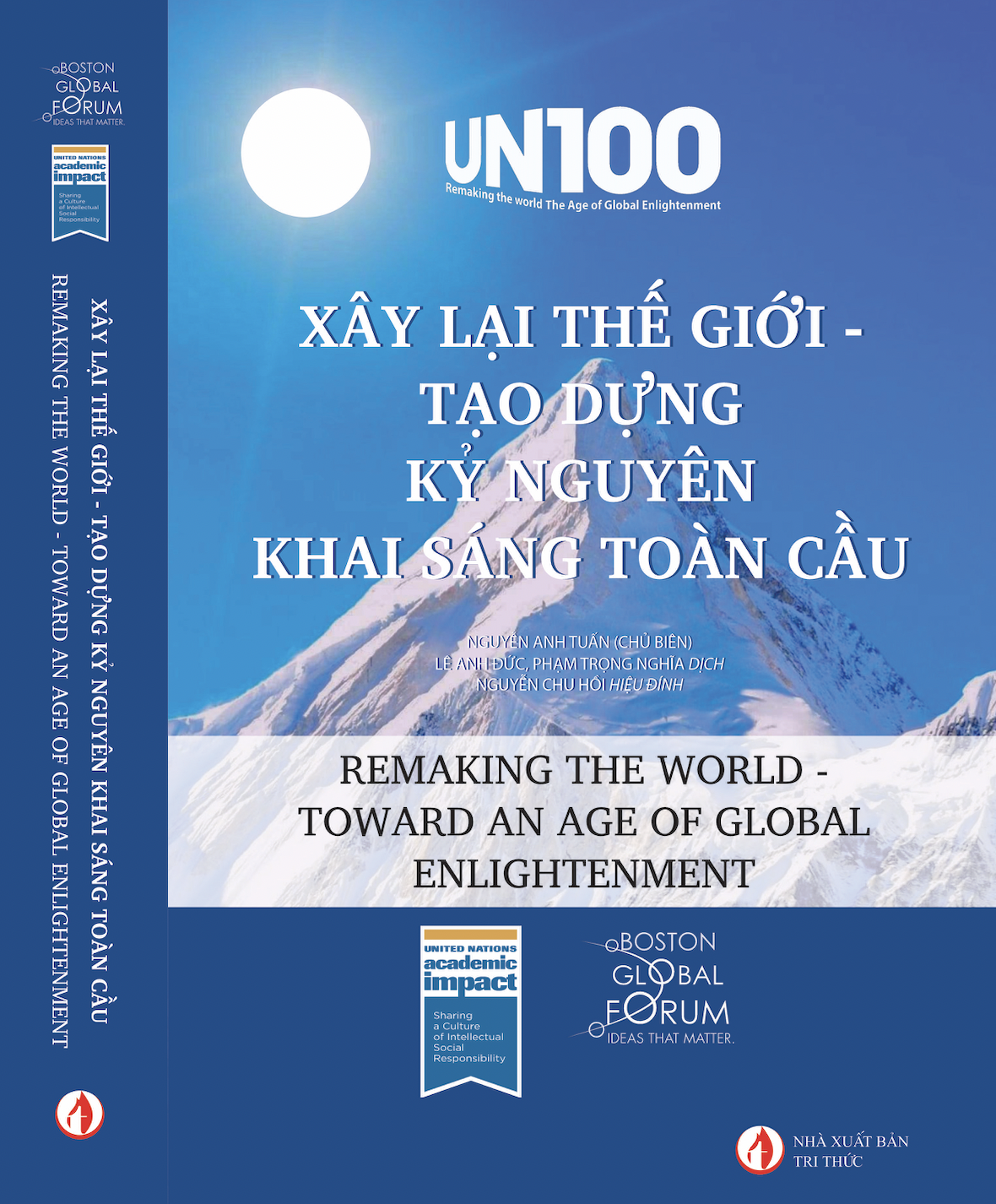

by Editor | Jun 27, 2022 | Global Enlightenment Leaders, World Leader for Peace and Security
Shinzo Abe was Prime Minister of Japan from 2006-2007 and again from 2012-2020. During his time as Prime Minister, Abe reinforced nation-wide Cybersecurity in Japan and launched the Basic Action Cybersecurity program and Cybersecurity Strategy.
In PM Abe’s view, cybersecurity is a critical issue to the national security and Japan’s crisis management, as well as an important element fostering the Japan’s Growth Strategy. He said his government will “take all possible means to ensure cybersecurity”, given its mission of successfully hosting Ise-Shima Summit in 2016, Tokyo Olympic and Paralympic Games in 2020.
In his speech, PM Abe also stressed that “We are now engaged as a national in all our efforts to reinforce cybersecurity. Theses include the Government’s enactment of the Basic Action Cybersecurity in Nov 2014 and a Cabinet Decision taken in Sep this year on our new Cybersecurity Strategy”, and expressed his commitment to cooperate with international communities in the fight against cyber crime: “Japan will continue to cooperate closely with the US and other partners in the International community, reliably safeguard our nation’s important information and property while playing a leading role in achieving the peace and stability of the international community.”
Watch the full speech of PM Abe
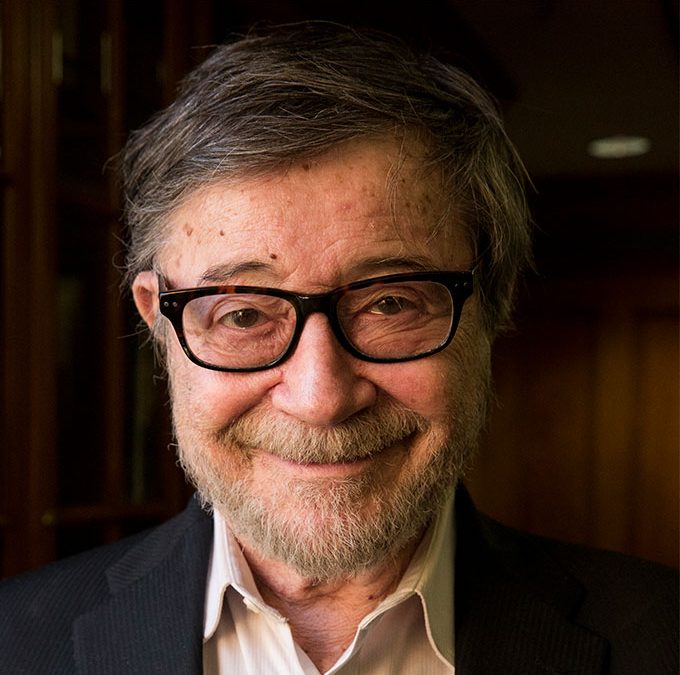
by Editor | Jul 1, 2022 | Global Enlightenment Leaders
Judea Pearl, (born 1936, Tel Aviv), is an Israeli-American computer scientist and winner of the 2011 A.M. Turing Award, the highest honour in computer science, for his “fundamental contributions to artificial intelligence.”
Pearl received a bachelor’s degree in electrical engineering from Technion–Israel Institute of Technology in Haifa in 1960 and a master’s degree in electrical engineering from Newark College of Engineering (now part of the New Jersey Institute of Technology) in 1961. He then received a master’s in physics from Rutgers University in New Brunswick, New Jersey, and a doctorate in electrical engineering from the Polytechnic Institute of Brooklyn in New York (now the Polytechnic Institute of New York University) in 1965. He worked at the David Sarnoff Laboratories of the RCA Corporation (now the Sarnoff Corporation) in Princeton, New Jersey, and on computer memory at the manufacturer Electronic Memories, Inc. (later Electronics Memories and Magnetics Corp.), in Hawthorne, California. He became a professor of computer science at the University of California, Los Angeles, in 1970.
Pearl introduced the messiness of real life to artificial intelligence. Previous work in the field had a foundation in Boolean algebra, where statements were either true or false. Pearl created the Bayesian network, which used graph theory (and often, but not always, Bayesian statistics) to allow machines to make plausible hypotheses when given uncertain or fragmentary information. He described this work in his book Probabilistic Reasoning in Intelligent Systems: Networks of Plausible Inference (1988).
Pearl’s work after the 1990s concentrated on the role of morality in artificial intelligence, specifically the role of counterfactual statements—that is, a statement where the premise is not true (e.g., “If the car had worked, I would have driven to the store”). He has posited that counterfactual statements are “the building blocks of scientific and moral behaviour” and thus that machines that could understand such statements would be able to take responsibility for their actions.
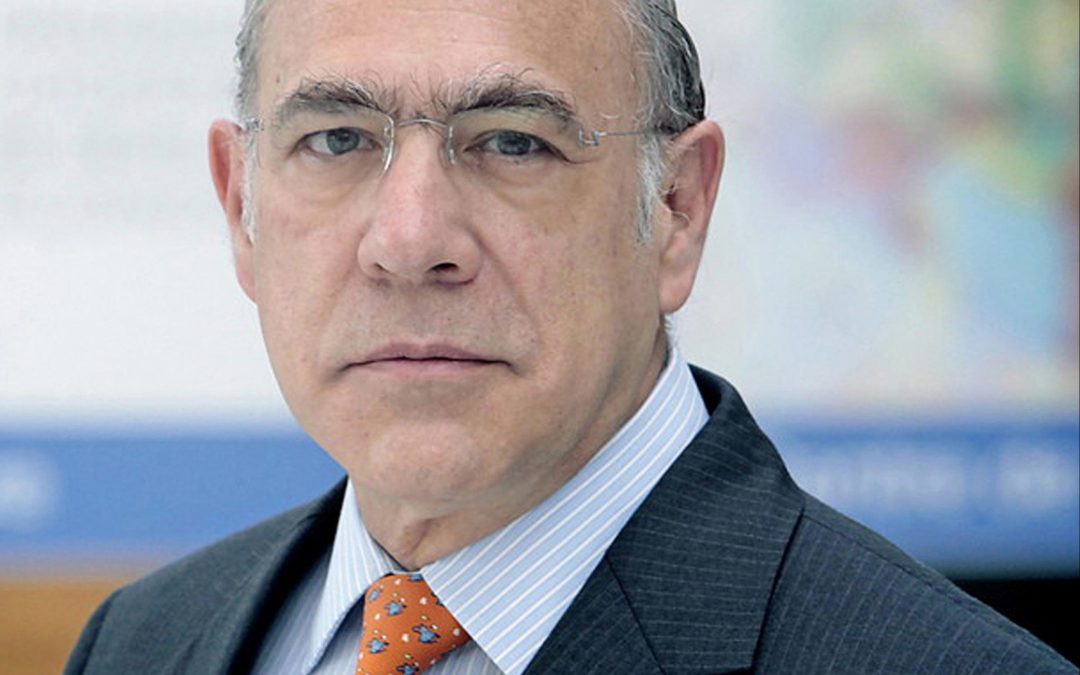
by Editor | Jul 1, 2018 | Uncategorized
Former Secretary-General of the Organisation of Economic Co-operation and Development (OECD) since 2006, Angel Gurría firmly established the Organisation as a pillar of the global economic governance architecture including the G7, G20 and APEC, and as a reference point in the design and implementation of better policies for better lives. He broadened OECD’s membership with the accession of Chile, Colombia, Costa Rica, Estonia, Israel, Latvia and Slovenia, and has made the Organisation more inclusive by strengthening its links with key emerging economies. Under his watch, the OECD led the effort to reform the international tax system, and to improve governance frameworks in anti-corruption and other fields. He also heralded a new growth narrative that promotes the well-being of people, including women, gender and youth, and scaled up the OECD contribution to the global agenda, including the Paris Agreement on Climate Change and the adoption of the Sustainable Development Goals.
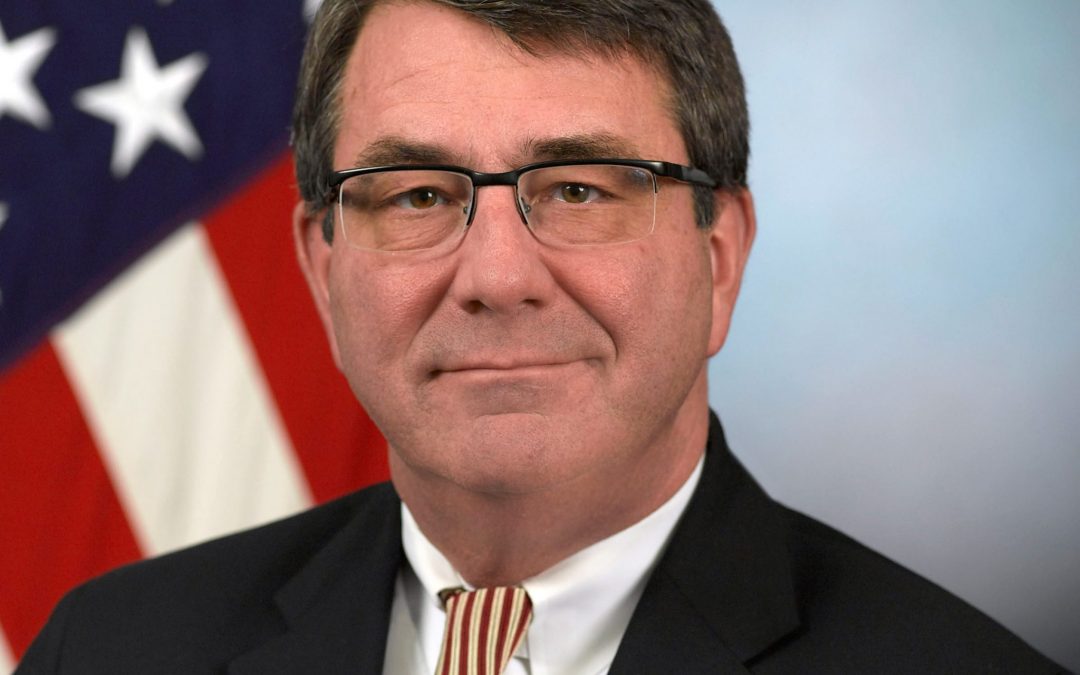
by Editor | Jun 28, 2022 | Global Enlightenment Leaders
Ashton B. Carter served as the 25th Secretary of Defense. Carter transformed the department’s strategic approaches to critical global challenges across the domains of armed conflict, ranging from sea, air, and land to space and cyberspace. He led the military campaign to defeat ISIS, the strategic pivot to the Asia-Pacific, the Defense Department and NATO’s new playbook for confronting Russia’s aggression, and the Department’s latest cyber strategy.
Carter pushed investments to develop new technological and operational capabilities, launched six transformative ‘Force of the Future’ initiatives, opened military recruitments to women without exception, brought tech experts into the Pentagon for a tour of duty through the Defense Digital Service program, opened Pentagon outposts in Silicon Valley, Boston, Austin, and other tech hubs to reconnect the government and military with visionary private sector leaders and companies, and established the Department’s first Defense Innovation Board, which attracted thought leaders such as Google Alphabet’s Eric Schmidt, astrophysicist Neil Degrasse Tyson, LinkedIn’s Reid Hoffman, among others.
Building a bridge of values between us, our community of nations, and values and that value stream while continuing to keep peace and commerce is the challenge of our time.
Machine assisted human intelligence is going to be part of our future, and the question is how do you situate that assistance into value.
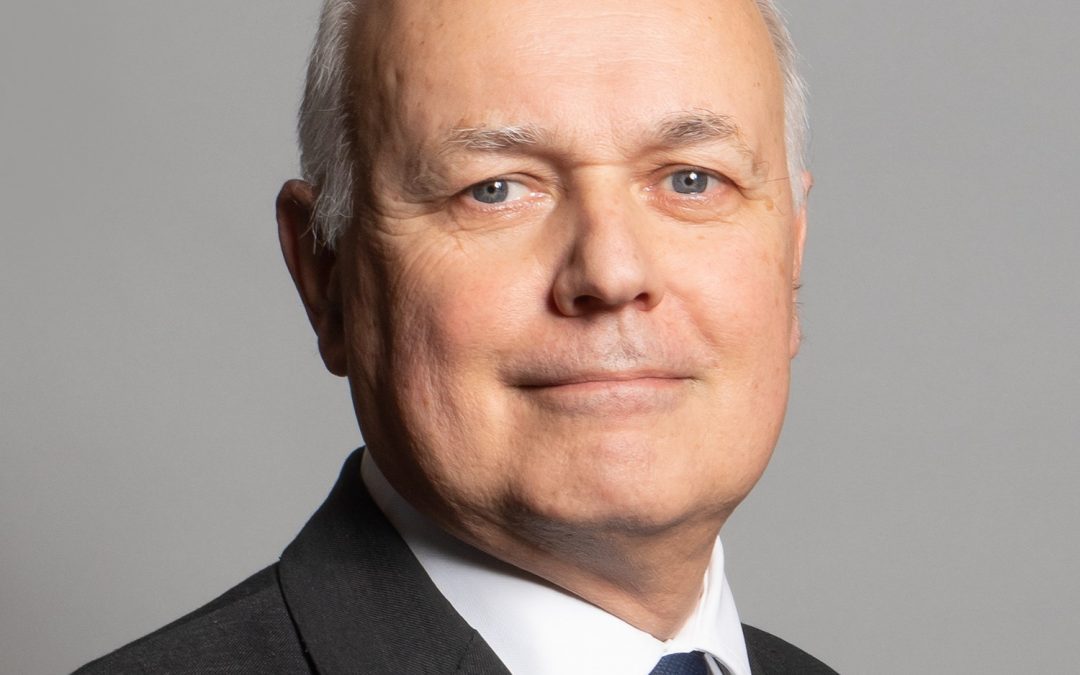
by Editor | Jul 1, 2022 | Global Enlightenment Leaders
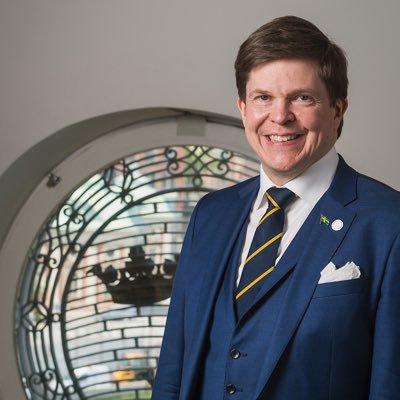
by Editor | Jul 1, 2022 | Global Enlightenment Leaders, World Leader for Peace and Security
Andreas Norlén was elected the Speaker of the Riksdag on 24 September 2018. He was honored with the 2021 World Leader for Peace and Security Award. He demonstrated outstanding
competency by coordinating three consecutive government formations in
Sweden in a peaceful and effective manner. He also leads initiatives to enhance
democracy and digitalization in Sweden.










